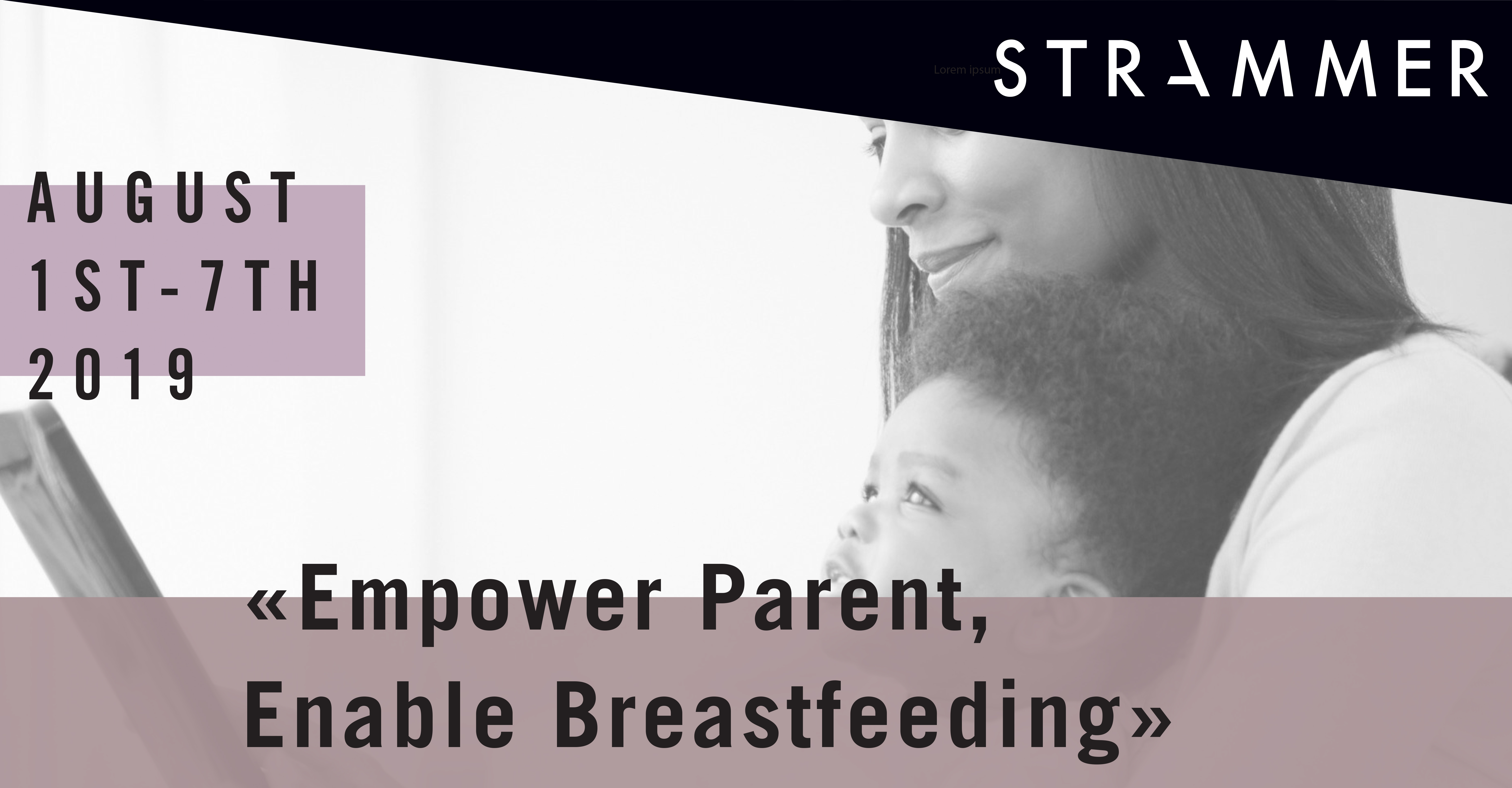Celebrate World Breastfeeding Week
Every year a special event is celebrated to commemorate parents and organisations who protect, promote and support breastfeeding. Since the 1990s, WHO, UNICEF and government policymakers have recognised this week-long celebration as World Breastfeeding Week. The event actively encourages breastfeeding to improve the health and well-being of babies and new-borns.
Each campaign targets the necessary key players needed to strengthen the impact and advance the cause. For example, this year, WHO and UNICEF will be partnering with big names like the White Ribbon Alliance and the La Leche League International, just to name a few. This coalition helps to promote the importance for the introduction of family-friendly policies that can enable parents to help nurture and bond with their children during the delicate ages of their infants. Such policies include:
♦ Paid maternity leave for at least 18 weeks. Despite how economically sound and industrialised a country may be, there can still be issues with matters as rudimentary as the paid maternity leave. For example, the United States, to this day, still struggles to secure a national paid leave policy for mothers and their babies.
♦ Parent friendly workplace. Mothers should be able to protect their rights and needs to breastfeed upon return to work. This can be in the form of breastfeeding breaks and small intervals.
♦ Create a private, clean and secure environment to facilitate storing breast milk.
♦ Create affordable childcare options
Although the benefits tying new-borns, young children and breast milk can undeniably result in improved survival and health outcomes, there is still a question of necessity- ‘Can new-borns develop healthily without breast milk’? While science behind breastfeeding can be debatable to some, global officials and organisations have made their own confirmations to the contrary. An elaborate analysis done in 2016 by researchers at UNICEF has determined that breastfeeding reduces childhood risks like diarrhea, pneumonia, premature morality and malnutrition. Mothers who breastfeed receive benefits as well, for example, the reduced chances of post-partum haemorrhage and depression, ovarian and breast cancer, heart disease and other ailments.
With such positive results, an event like World Breastfeeding Week cannot go unheard. Hence, this year’s theme is based on the slogan of “Empower Parent, Enable Breastfeeding”. Empowering the parent is not just limited to the domain of mothers or fathers but it also extends to partners, families and communities, who are encouraged to inform, motivate, engage and support the movement in every manner possible.
References:
- World Breast-feeding Week- Aug 1st to Aug 7th, WBW
- World Breastfeeding Week 2019, WHO
- Breastfeeding: Foundation of Life, 2019, ILCA
- The cost of not breastfeeding: global results from a new tool, June 2019, Oxford Academic
- In The Fight For Paid Parental Leave, 6 Months Should Be The Minimum, 2019, Forbes





